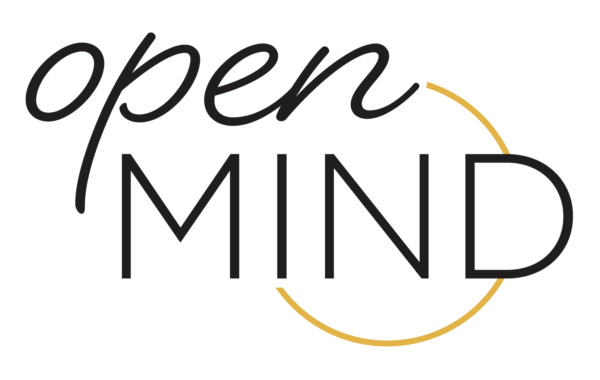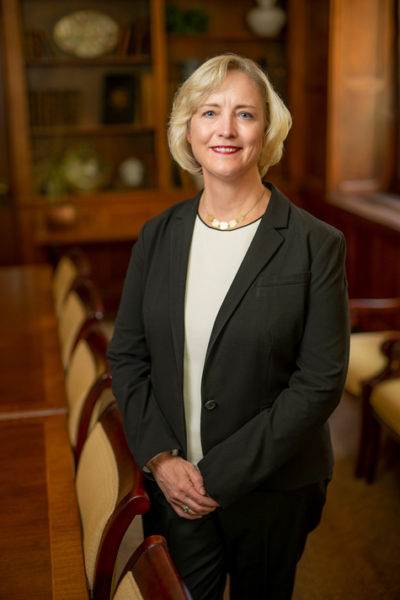Since the beginning of my service as interim chancellor, and even more so since we took our recent dramatic actions as part of the campus response to the global coronavirus pandemic, I have promised to communicate often and openly. This commitment is more important than ever, with our students having quickly changed how they learn and, in many cases, where they live, and as many faculty and staff as possible are working from home.
 Despite the extreme adjustments we have all undertaken in the past two weeks, I have noticed several constants among the Vanderbilt community. We still collaborate with and listen to one another. We still prize innovation—and perhaps rely on it even more than ever before as we seek new solutions for health, safety and virtual learning. And above all, we remain fully committed to our people and to our mission of learning and discovery and creative expression, regardless of the circumstances.
Despite the extreme adjustments we have all undertaken in the past two weeks, I have noticed several constants among the Vanderbilt community. We still collaborate with and listen to one another. We still prize innovation—and perhaps rely on it even more than ever before as we seek new solutions for health, safety and virtual learning. And above all, we remain fully committed to our people and to our mission of learning and discovery and creative expression, regardless of the circumstances.
On March 11, when I announced that Vanderbilt would move all courses to online and alternative education methods in response to the coronavirus pandemic, it was hard to envision exactly how this move would affect our university community. After all, Vanderbilt is largely defined by our highly collaborative One Vanderbilt approach, which is often enhanced by our physical proximity and by our living-learning communities. While I knew that our students and faculty would rise to the challenge of engaging in new modes of virtual and distance education, the level of innovation and adaptation has already exceeded my expectations. I think this shows evidence of the incredibly strong connections we established before we were all dispersed.

I especially want to commend Vanderbilt faculty members, who—as I mentioned in my video today—made rapid changes to their instructional methods practically overnight. Working closely with our dedicated team at VUIT, they quickly learned new technology and platforms for sharing information. Thanks to their innovation, learning and collaboration have not only continued at Vanderbilt over this last week, but also improved.
For example, faculty members at the Vanderbilt School of Nursing, who for decades have been recognized nationally as distance learning experts, have taken things to the next level by using the school’s new simulation lab to provide hands-on patient training for students through virtual avatars. And at the Blair School of Music, associate professor of choral studies Tucker Biddlecombe has noticed the unexpected benefits of online teleconference platforms, which allow students to watch themselves conduct and perform through video. This has enabled increased self-evaluation and improvement of their conducting styles—a breakthrough that he plans to keep using in the future.
In addition to education and research, we are also maintaining the university’s commitment to educating the whole student through a variety of events beyond the virtual classroom. Last Friday, the Robert Penn Warren Center for the Humanities hosted its inaugural virtual happy hour for members of the community to gather and pursue scholarly discourse through an online platform. The Divinity School, the College of Arts and Science, the Center for Medicine, Health and Society and so many others are hosting virtual coffee breaks to allow for casual conversation and check-ins.
In the coming days, we will continue to share more stories like these, which show that while we are facing unprecedented challenges, we are harnessing creative and innovative solutions to continue our work. It’s possible that we may even discover future opportunities that may not have otherwise been uncovered or tested.
While there may be upsides and silver linings to the significant changes caused by COVID-19, I do not wish to diminish the challenges and uncertainties that pervade this moment for the Vanderbilt community. On the contrary, I understand that many of us are feeling anxious, sad or even scared about what the future may hold. I also know that we are all in this together and that our foundation of collaboration and knowledge will only help us as we adapt to the changes that the next few weeks will inevitably bring.
Thank you all for your willingness to do the right thing amid these difficult circumstances. I appreciate your patience, understanding and continued engagement with our mission and community.